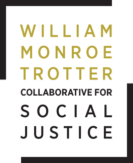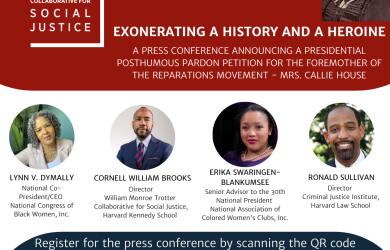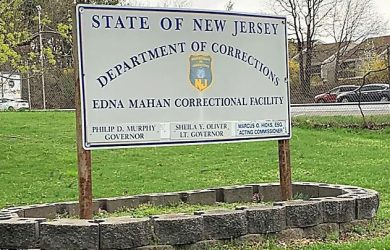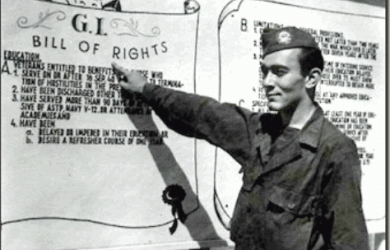

David Wark Griffith’s The Birth of a Nation “was sold as a sensation and became one.” It was the first American blockbuster. It was the first film screened at the White House. President Woodrow Wilson said it was “like writing history with lightning.” It struck, then the crosses began to burn. It made a killing, corralling white Americans everywhere into their local theater for around an average day’s work per ticket.
Others who couldn’t afford one—because they were poor or black or both—did everything they could to stop it. At the Boston premiere, some members of a discontented cohort managed to sneak in. They booed and threw expired food at the screen, but their arsenal was insufficient. William Monroe Trotter, denied a ticket at the Tremont Theater doors, did not make it past them. After a later demonstration before the same theater, Trotter was admitted at last: to jail. He funneled the ensuing outrage, and after months of protest and persuasion, got a Massachusetts bill passed which banned the film. The Board of Censors refused to enforce it. Nothing, it seemed, could arrest the storm. “Free speech” prevailed, and The Birth of a Nation swaddled American culture in its ahistorical cocoon.
Yet Trotter’s efforts far from failed. They inaugurated alliances. They sketched a blueprint for civil disobedience. They catalyzed self-acceptance. And, perhaps most importantly, they insisted ‘“that Griffith’s “negroes” were not “the most vicious and grotesque” of the colored people, but a product of the white racial imagination, a lie.”’
American cinema is still ensnared in a web of fatal fairy tales, even though it has begun to acknowledge—however equivocally—their existence. Discussions of Griffith’s legacy, in particular, tend to reduce or qualify around his racism. It can’t be weaseled out of. Disguising the unforgivable is worse than an apology; it is equivalent to advocacy. The traces of The Birth of a Nation may never be fully exorcised from our understanding of history, or lack thereof. Its twisted, fleeting shadows still constrict which stories are told for what reasons by and for which groups of people. Django Unchained is evidence enough. Hollywood is still quicker to praise a crooked black cop than a Malcolm X. The former pattern of characters, however skillfully sublimated or portrayed, are still the descendants of Griffith’s blackface congressmen, whose humanity, entire existence, is flattened into a desire for white women and fried chicken. Another pattern of films, of which The Green Book is one of the latest, associate virtue and “civility” with total alienation from the latter. Our cinema, and mainstream creative culture, are still symptomatic of Griffith’s infected imagination. Now, more than ever, we are in dire need of a cure. The Trotter Collaborative aims—by centering everyday epidemics, integrating art within the academy, and wrestling towards truth—to help find one.
